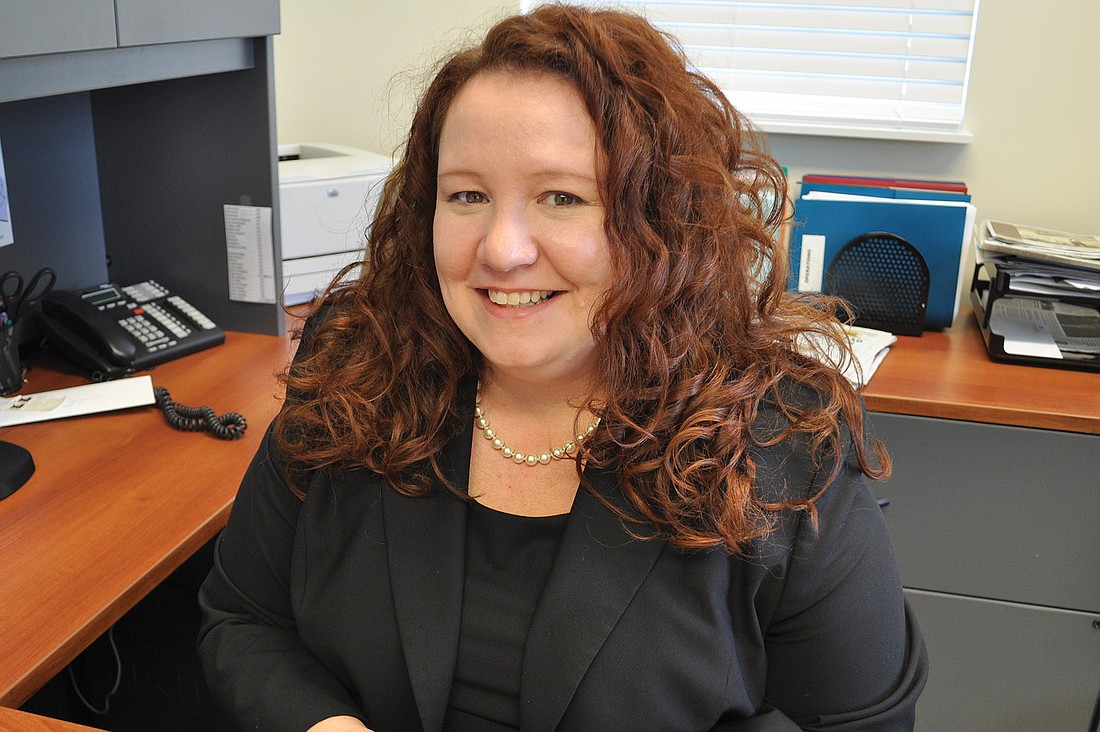- November 22, 2024
-
-
Loading

Loading

June 1 marks the beginning of hurricane season, and it is closer than you think if you do not have a disaster plan.
For many native Floridians, the hurricane season comes and goes every year, and we usually don’t pay much attention. Although we don’t mean to be blasé or dismissive about the dangers of a hurricane, we do tend to become complacent after a period of time and do not always heed the warnings. In my more reckless, younger days, I remember having hurricane parties and daring the storms to interrupt my life.
However, here is an interesting statistic that may force us to pause this year. The last hurricane to hit Florida was Wilma in October 2005 — almost seven years ago. This is the longest period that Florida has gone without a hurricane making landfall since 1865. I would say that this means we are probably due; if not this year, then certainly next. So, even though you may have read that the forecasters have predicted a lighter season than usual, this does not mean that we should forget what it was like in 2004 or what Louisiana experienced with Hurricane Katrina.
The 2012 season is predicted to have a total of 10 named storms with four of them turning into hurricanes. Two storms are expected to be “major,” — Category 3 or greater on the Saffir-Simpson intensity scale.
May 22 through May 28 is National Hurricane Preparedness Week. Cities and counties throughout the
Southeast, and especially here in Florida, begin their preparations by conducting educational programs and various exercises using realistic scenarios.
Now is the time to evaluate your personal preparedness and ensure that you and your family are ready — especially those residents who are new to Florida and unfamiliar with these storms and what they can expect.
One of the best resources for learning how to put together a family plan is floridadisaster.org. This site, sponsored by the Florida Division of Emergency Management, is a great tool for learning how to prepare. In particular, there is an emergency preparedness checklist every home should download to ensure family and friends have taken the necessary steps. Your disaster kit should contain items such as: a supply of clean water (1 gallon per person, per day); a supply of nonperishable packaged or canned food (with a non-electric can opener); a change of clothing; rain gear; sturdy shoes; blankets or sleeping bags; a first-aid kit; a supply of prescription medications; an extra pair of glasses; a battery-powered radio and flashlight; extra batteries; cash; an extra set of car keys; bug spray/repellent; a list of family physicians; and specialty items for disabled family members.
What about your pets? The Lakewood Ranch Community Emergency Response Team is sponsoring a seminar designed to teach you how to have a plan for your pets and what resources are available to you during and after a storm event. The seminar will be at 7 p.m. May 30, at Town Hall, 8175 Lakewood Ranch Blvd., and is open to all Lakewood Ranch residents.
There is an old saying that emergency management professionals live by: “Hope for the best, but prepare for the worst.”
Eva Rey is the executive director for Lakewood Ranch Town Hall.